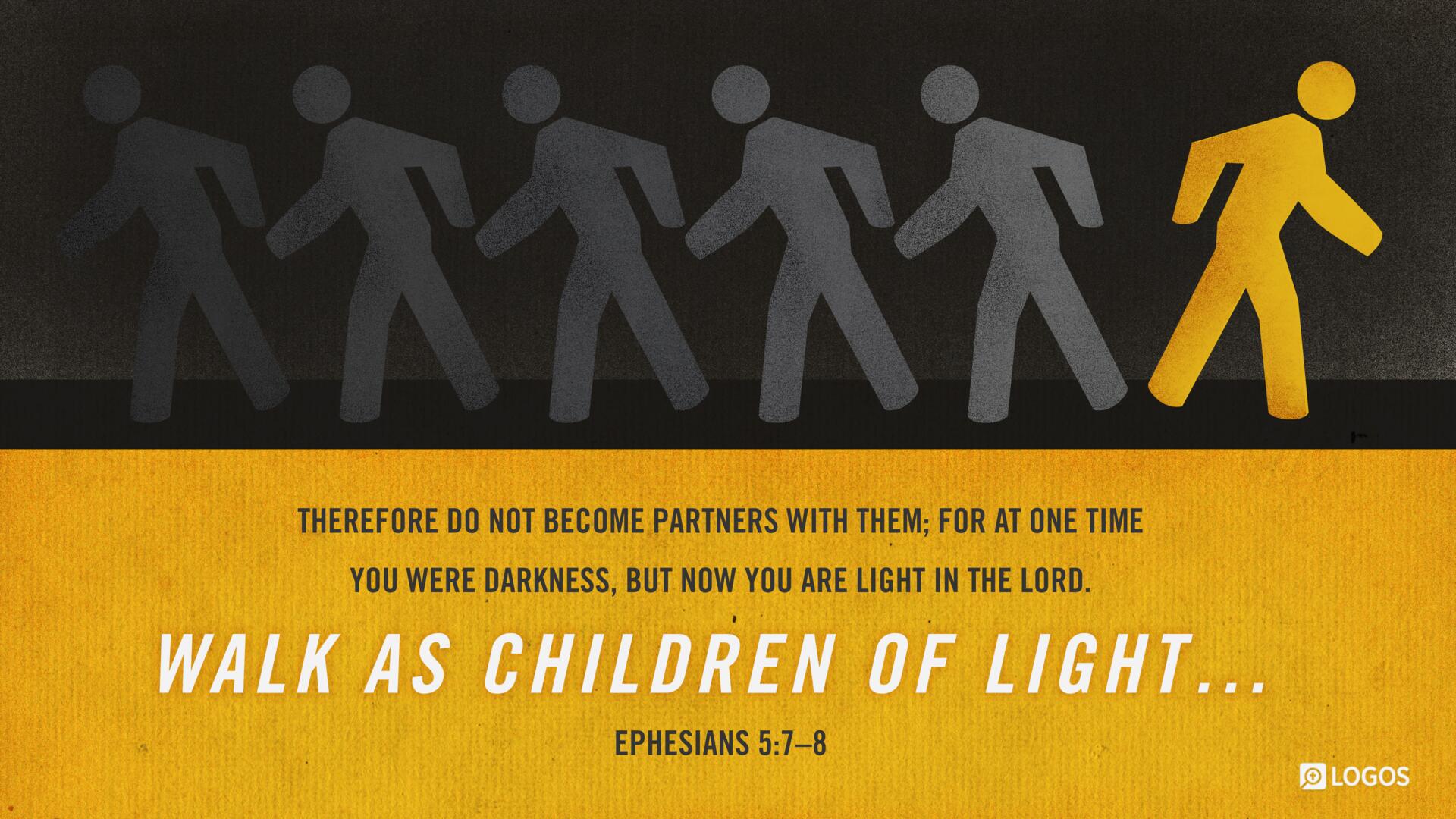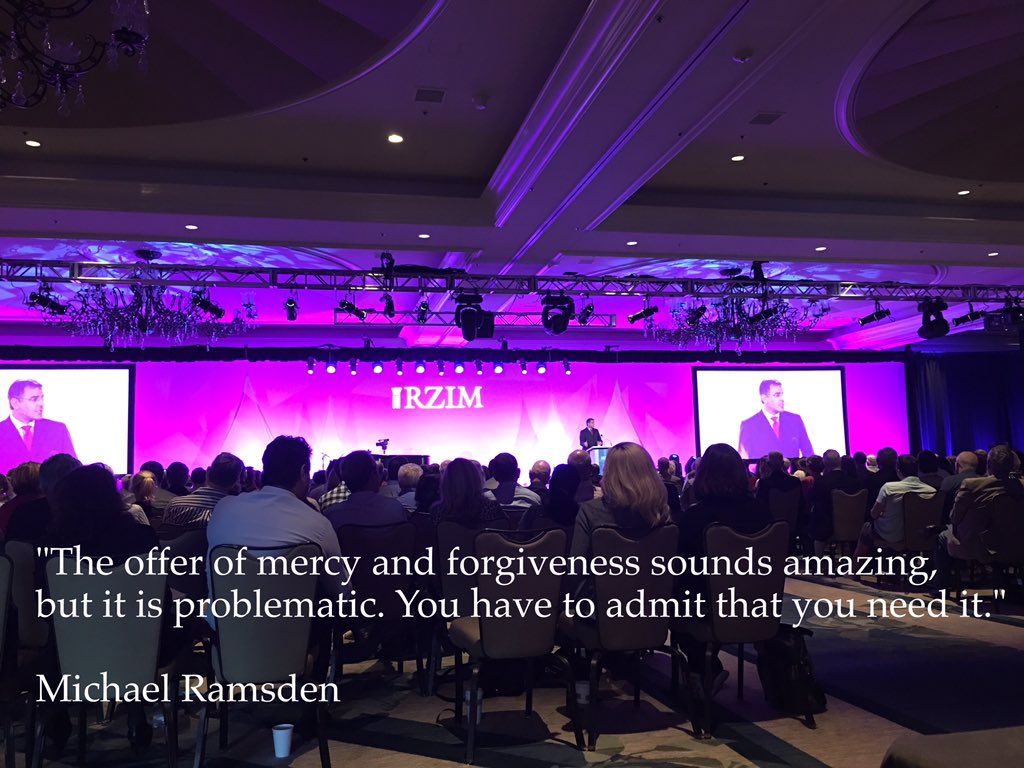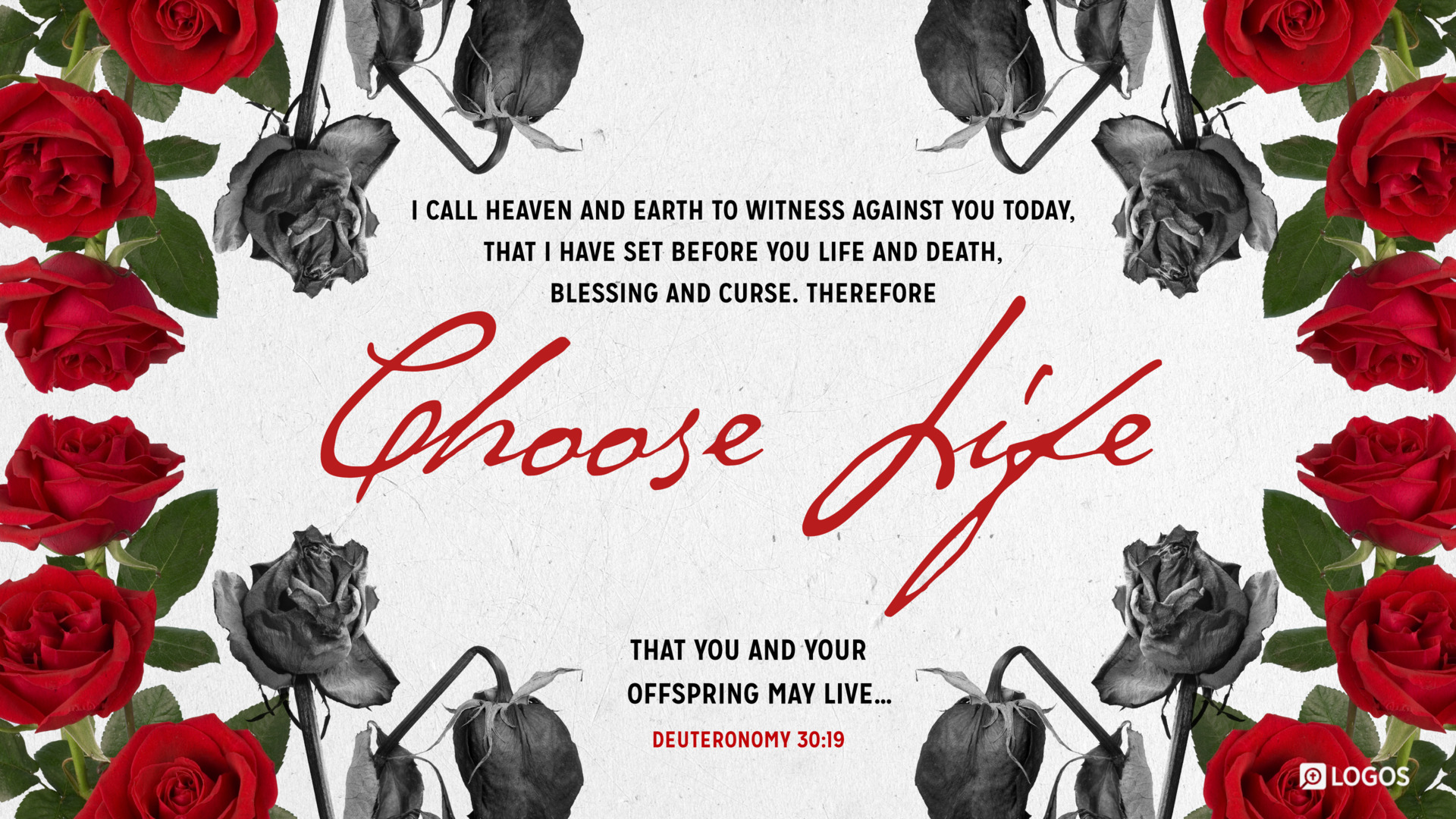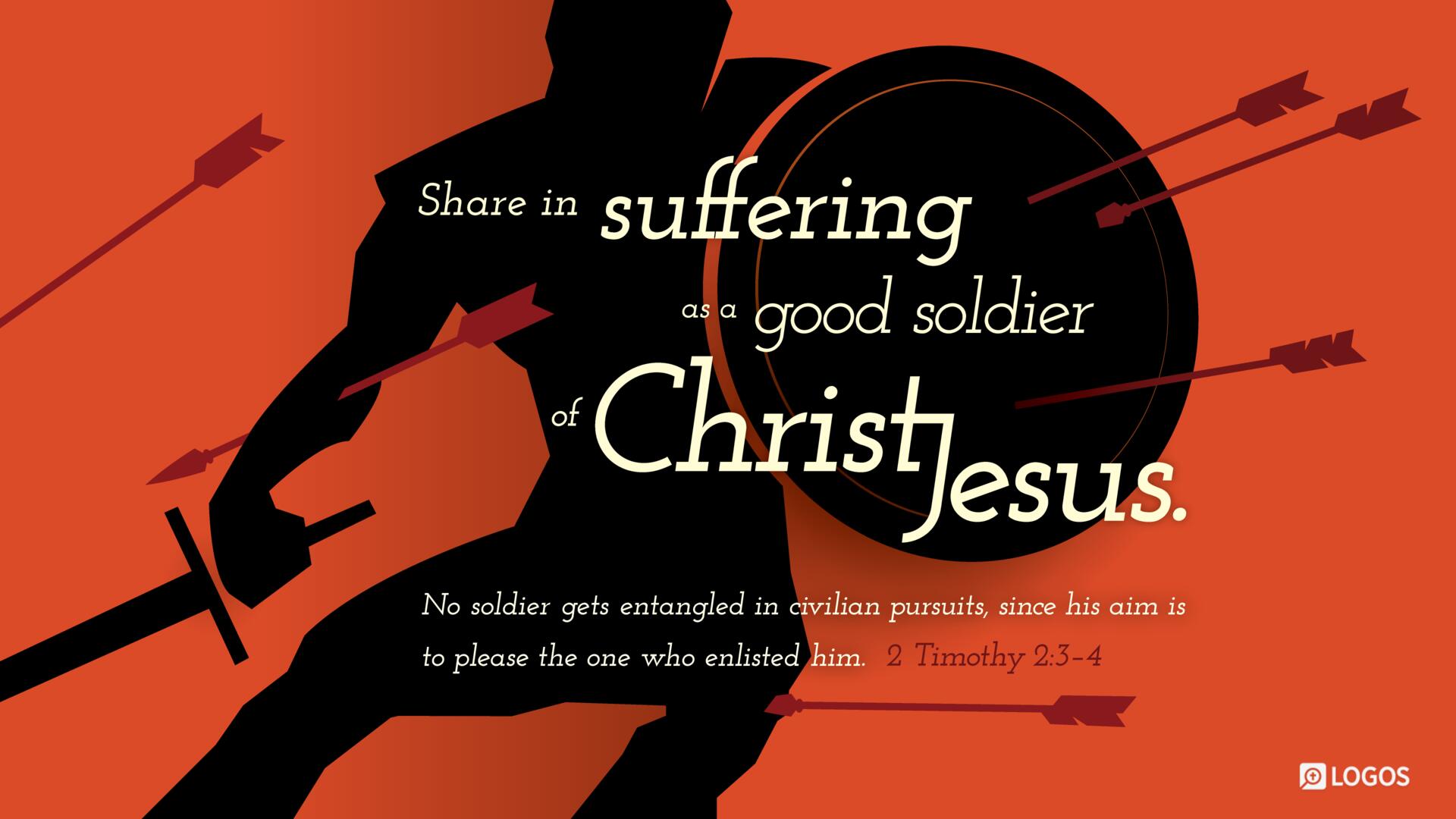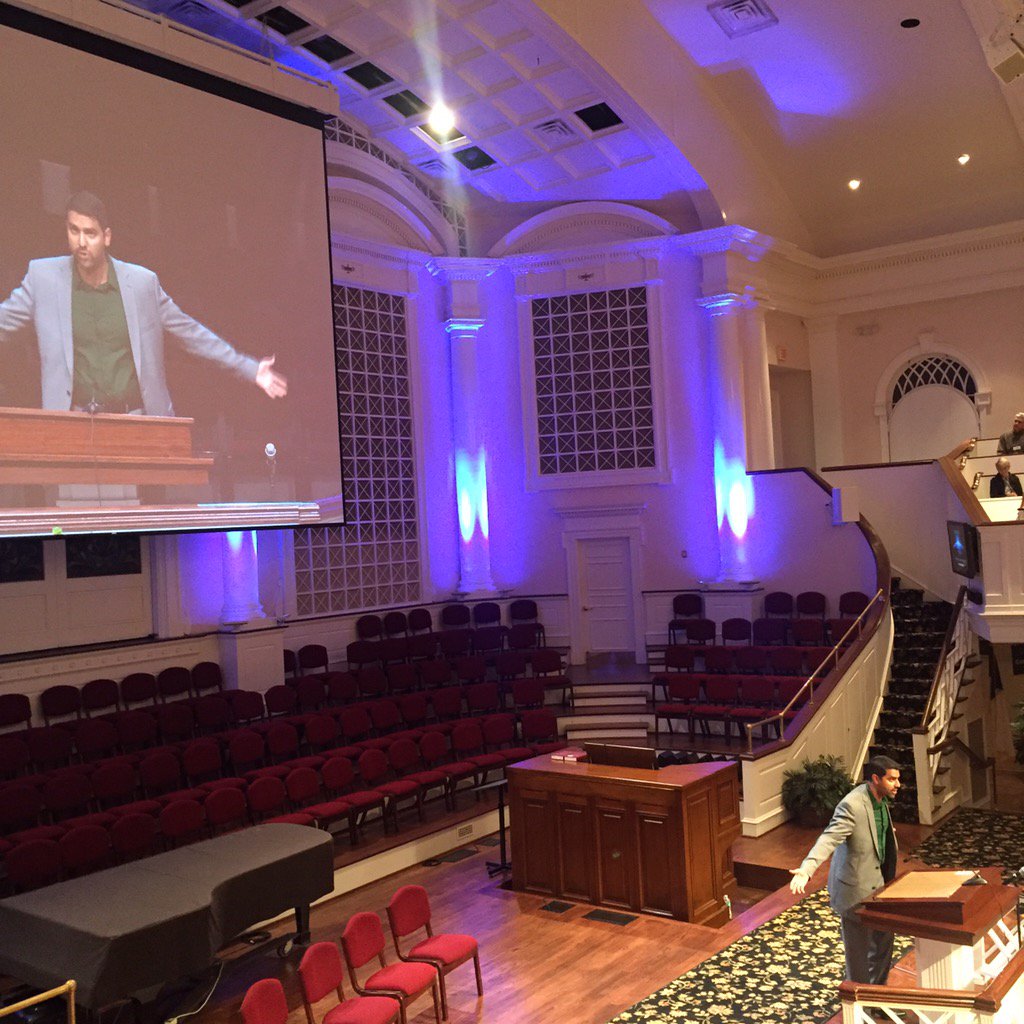Dave Sterrett is the founder of
Disruptive Truth, a non-profit organization that is disrupting culture with the truth of the Gospel. When his book
Aborting Aristotle arrived in the mail this reader was very grateful. It could not have come at a more appropriate time. Like many, I have been deeply troubled by the contents of the videos released by the Center for Medical Progress that reveal Planned Parenthood has not only been aborting babies, but selling their body parts. One evening, after viewing some of the videos, I found myself unable to sleep and lying on the floor in my daughter's room, trying to comprehend what I had just seen. I have always known that abortion is a brutal process, but these videos graphically demonstrate just how gruesome the business (and make no mistake, that is what it is) of abortion has become.
As I recall my own reaction to the videos I am further reminded of how emotionally charged the topic of abortion can be. This is one of the primary reasons this author believes Dave Sterretts book is an important contribution to the ongoing abortion debate. The author not only persuasively makes the pro-life case using logical arguments and sound philosophical principles, but he also takes a unique approach to the discussion.
He explains:
This book seeks to examine...essential differences philosophically and will investigate the naturalistic worldview about humanity that is frequently held by much of the scholarly defenders of abortion. There are some metaphysical or meta-ethical ideas (including law of non-contradiction, substance, transcendence, and intrinsic personhood) that were taught by Aristotle and the scholastics influenced by him that are frequently denied by defenders of abortion. These philosophical convictions influence their ethical stances on the abortion debate. [p. 1]
Sterretts goal is not to simply provide the reader with responses to common pro-abortion choice arguments, but to demonstrate that the very pre-suppositions abortion defenders bring to the table are false.
The author explains the layout of the book as follows:
In the following chapters, I will frame the abortion debate with specific consideration to the key metaphysical topics that shape the ethical debate on abortion. First, I will provide a case for the reality of metaphysics and demonstrate that materialistic naturalism is not the best explanation of reality. Later, I will focus on particular metaphysical concepts including sanctity, substance and personhood that influence that ethical debate on abortion. [p. 5]
In Chapter 1, Sterrett contends that both Aristotle and Thomas Jefferson were alike in some respects. Both were brilliant and influential in their time. Not everything they taught was true and some of what they taught was morally reprehensible (for example, Aristotle was in favor of infanticide), yet both had much to offer society, but because of some of their moral failings we have thrown out the good that these men have provided us through their teachings. [p. 7] The author argues for the remainder of the chapter that we would be wise to revisit the teachings of these great thinkers and siphon from their works that which is good. Namely, the metaphysics of Aristotle and Jeffersons notion of law, his classical notion of right to life, and his notion of an intelligent, transcendent Creator. [p. 7]
The chapter ends by demonstrating that Christianity has historically been against abortion and that while Christianitys position on abortion is contrary to Aristotles defense of abortion, [it is] not contrary to Aristotles logic and metaphysics. [p.12]
In Chapter 2, Sterrett explains:
Metaphysics has been defined as the branch of philosophy that deals with the first principles of things
Metaphysics also applies to concepts such as being, knowing, substance, cause, identity, time, and space. [p. 13-14]
It is the authors contention that many ethicists believe
one can bypass certain metaphysical or meta-ethical concepts regarding humanity and dive right into the ethical discussion. [p. 14] However, Sterrett reasons that this is precisely where abortion choice advocates go wrong. He explains how many contemporary orators of society are convinced that Aristotles philosophy of the law of non-contradiction, ontological existence, substance, and human rights are irrelevant or unknowable and then goes on to make the astute observation that the ethical beliefs of societys influencers have molded many peoples beliefs about abortion and human dignity, whether society realizes it or not. [p. 22]
In Chapter 3, the author contends that to deny the metaphysics of persons is self-refuting and he also defends Aristotles correspondence view of truth.
As I have been writing this review it has been this reviewers fear that some would scoff at the idea of metaphysics and argue that metaphysics is based solely in religion. This type of objection, argued by such abortion choice advocates as Paul Simmons, actually demonstrates the point the author is making. Quoting philosopher Francis Beckwith, Sterrett shows All positions on abortion presuppose some metaphysical point of view, and for this reason, the abortion-choice position
is not entitled to a privileged philosophical standing in our legal framework. [p. 27]
To deny the importance of metaphysics or first things in the abortion debate is to invite contradiction.
In Chapter 4, Sterrett deals with the work of David Boonin, author of A Defense of Abortion. According to the author, Boonin states that
because some humans may lack precise knowledge concerning certain specifics about fertilization or when the child experiences pain, the metaphysical or ontological reality must not exist. [p. 30]
Sterrett rightly points out that The one who argues this seems to be confusing epistemology (the study of knowledge) with ontology (metaphysics or the nature of being). [p. 30]
In Chapter 5, this reviewer was pleased to see Sterrett argue that naturalistic materialism is not the best explanation for reality. He writes:
Many proponents of abortion choice who reject metaphysics hold a naturalistic philosophy generally about reality, and specifically about homo sapiens. I believe there are good reasons why naturalistic materialism, which is frequently assumed or believed by proponents of abortion, is not the best explanation for reality. [p. 37]
This reader appreciated how the author conceded that there are some overlaps and disagreements concerning definitions of the words naturalism, materialism, and physicalism and as a result, he is careful to define exactly what he means by naturalistic materialism. Sterrett calls upon the works of Peter Singer, Michael Tooley, and Richard Dawkins to arrive at his definition that there are not supernatural causes, moral transcendence and nonphysical mind, but that everything in reality, including human beings, are purely material and physical. [p. 40]
Employing the works of philosophers William Lane Craig, J.P. Moreland, Quentin Smith and Thomas Nagel, the author concludes the chapter by showing that even scientists hold certain metaphysical assumptions that their unverified scientism cannot sustain.
In Chapter 6, the author moves from critiquing naturalistic materialism to offering a positive case for natural theology and goes even farther by challenging the idea that an argument should be dismissed because it has divine implications. Further, he explains that if God exists, this has implications of dignity. [p. 53]
This reader was delighted to see Sterrett call upon the works of some of the greatest theologians and thinkers of past and present to argue that God is the best explanation for a first efficient cause, God is the best explanation for a necessary entity and that God is the best explanation for objective moral truths. Regarding the latter, the author argues that if God does not exist there not adequate ontological reasons to affirm the existence of objective moral truths. [p. 70]
In Chapter 7, Sterrett argues that Aristotles ancient concept of substance is still relevant and compatible with science. [p. 71] As he explains, The substance view says that there is a unity between the personhood and nature of a human being. [p. 76] This reader was also pleased to see the author deal with David Humes skepticism towards substance as he notes, Humes empiricism seems to have influenced...many contemporary naturalistic ethicists. [p. 79]
In Chapter 8, drawing upon his defense of substance theory, Sterrett defends the premise that all human beings are persons. [p. 82] The author notes that the majority of defenders of abortion believe strongly in a separation between human beings and personhood. Sterrett explains that it is important to understand some distinctions when debating the issue of personhood and that this separation is unmerited. The personhood of an individual is an ontological reality.
In Chapter 9, Sterrett challenges the view that a person is someone because of what they can do. On the contrary, he states that personhood is not linked to functioning, but rather that it is the underlying unity of the individual. He calls upon the expertise of Francis Beckwith once again to explain:
What is crucial morally is the being of a person, not his or her function. A human person does not come into existence when human function arises, but rather, a human person is an entity who has the natural inherent capacity to give rise to human functions, whether or not those functions are ever attained
A human person who lacks the ability to think rationally (either because she is too young or she suffers from a disability) is still a human person because of her nature. Consequently, it makes sense to speak of a human beings lack if and only if she is an actual person. [p. 95]
Sterrett concludes that Beings do not come into existence because of certain functions, rather they maintain a unity, even if functions are not working properly. [p. 96]
In Chapter 10, Sterrett concludes the book by discussing the similarities and differences he has with ethicist Peter Singer and other abortion choice advocates. He writes:
It may seem difficult for a philosopher of religion to share areas of agreement with someone like Peter Singer who supports human infanticide, bestiality, and incest. It does seem inconsistent that an ethicist teaching at the Center of Human Value openly respects some animals more than some human babies and the elderly. I certainly have disagreements with Peter Singer and other defenders of abortion choice. While there are fundamental differences, there are also some areas of ethics held by Singer and other abortion choice advocates that a non-atheist philosopher and even a Christian can also affirm. [p. 101]
The author goes on to list the areas of agreement such as: 1. there can be a greater purpose in some suffering 2. humans are responsible for what they could have prevented 3. racism is wrong 4. and animals should be treated with respect.
This reader was glad to see Sterrett point out that those in favor of abortion frequently emphasize hypotheticals, while defenders of life use Aristotelean logic with premises about real life. [p. 107] The author explains that Although there are some helpful aspects of shorthand with symbolic logic as well as clearness, sometimes the hypotheticals, though coherent, miss what is real. [p. 108]
Further, as Sterrett rightly points out, ...these analogies frequently do not exist in real life. [p. 108] The author uses Judith Jarvis Thomsons well-known violin as an example and points out the many problems with it.
Conclusion
I have had the pleasure of reading and reviewing four other books by Dave Sterrett and have always enjoyed his work. However, it is this readers opinion that Aborting Aristotle is Sterretts best work to date. Not only is his writing logically airtight and his arguments philosophically sophisticated, but his approach to the abortion issue is utterly unique. Sterrett is not content to simply show why abortion choice advocates arguments fail, but he goes further and argues that the very assumptions they bring to the debate are in error. As he notes:
We must be brought back to the Aristotelian scholastic philosophical tradition combined with the notion that human beings are contingent upon the existence of the Necessary Being, who is the Natural Law Giver and the Creator of human existence. These classical truths could help progressive ethicists who are blinded by an incoherent naturalistic worldview, become open-minded about the dignity and personhood of unborn human beings. [p. 114]
Philosophy matters and in Aborting Aristotle Dave Sterrett shows that in some cases it is a matter of life and death.





